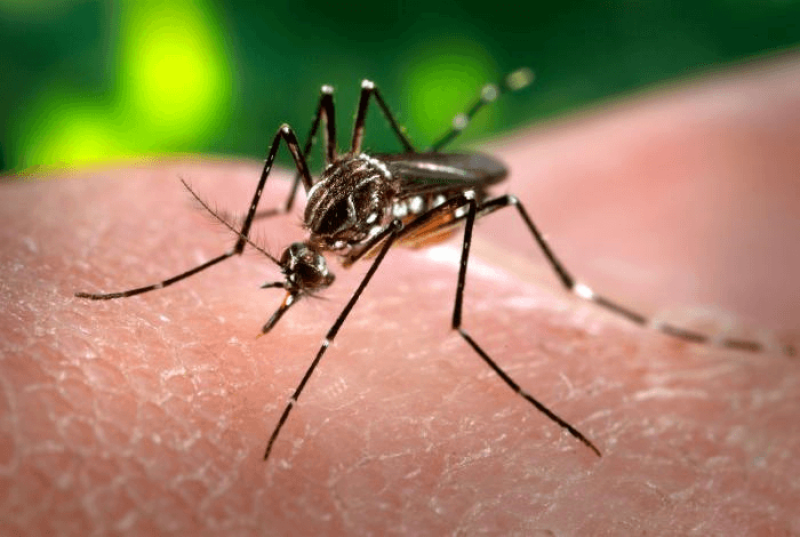With gene drive techniques, we could—perhaps rapidly and inexpensively—wipe out malaria’s hosts for good, and consign it to the list of eradicated diseases along with smallpox.
A gene drive could also entail releasing genetically modified creatures en masse to sterilize and drive to extinction a species humans find inconvenient. And, if the technology can be used to wipe out mosquitoes, is there anything that could stop someone from attempting to wipe out the bumblebees instead?
These were just a tiny subset of the moral and ethical challenges faced by the United Nations’ Convention on Biological Diversity, which met [November 2018] in Egypt.
…
COP14 in Egypt delivered a balanced verdict. Stopping short of an outright ban, they instead asked governments only to consider the use of gene drives under a limited range of circumstances. Scientists should carry out a full and thorough risk assessment of their actions, and attempt to minimize unintended consequences as far as possible—and they should seek to obtain prior and informed consent of the local communities that might be affected.
…
The UN’s verdict on gene drives attempts to walk that tightrope of cautious progress, as decision-makers must surrounding dozens of emerging technologies. The debate isn’t going anywhere, nor are the technologies. It’s up to us to listen carefully to both sides, get informed, and make these decisions.
Read full, original post: Gene Drives Survived a Proposed UN Ban in 2018—What’s Next?
































